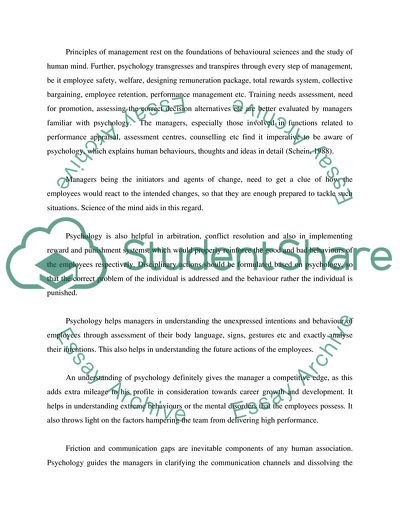Cite this document
(The Psychology of Management Assignment Example | Topics and Well Written Essays - 2000 words, n.d.)
The Psychology of Management Assignment Example | Topics and Well Written Essays - 2000 words. Retrieved from https://studentshare.org/psychology/1768359-manging-organizastion
The Psychology of Management Assignment Example | Topics and Well Written Essays - 2000 words. Retrieved from https://studentshare.org/psychology/1768359-manging-organizastion
(The Psychology of Management Assignment Example | Topics and Well Written Essays - 2000 Words)
The Psychology of Management Assignment Example | Topics and Well Written Essays - 2000 Words. https://studentshare.org/psychology/1768359-manging-organizastion.
The Psychology of Management Assignment Example | Topics and Well Written Essays - 2000 Words. https://studentshare.org/psychology/1768359-manging-organizastion.
“The Psychology of Management Assignment Example | Topics and Well Written Essays - 2000 Words”. https://studentshare.org/psychology/1768359-manging-organizastion.


